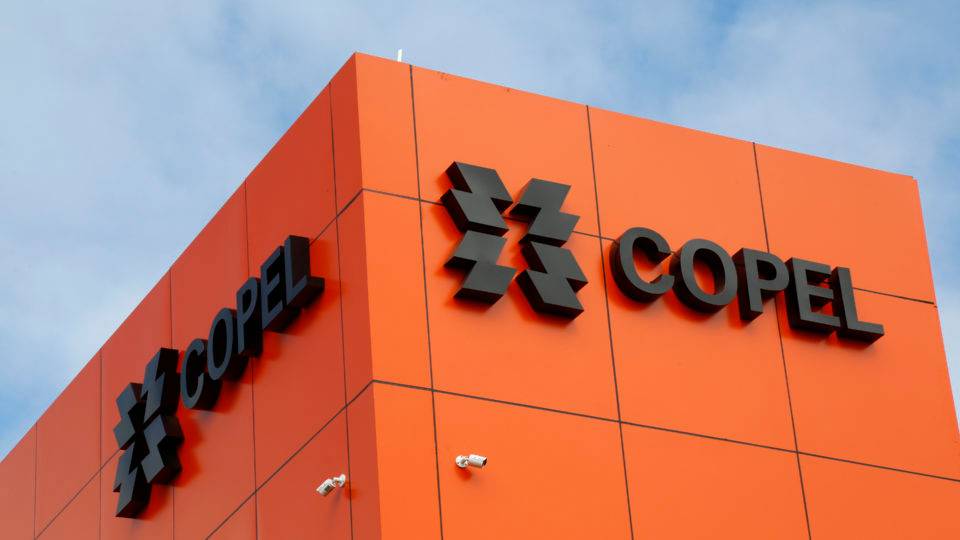Lawmakers in the Brazilian state of Paraná on Friday approved the privatization of Copel, the state’s energy company. After the move, CEO Daniel Slaviero said the process could be completed by December of next year.
By concluding the company’s secondary offering of shares by then, Copel would not have to pay the grant bonus of BRL 1.8 billion for the Foz do Areia plant, the company’s main asset.
Copel’s share prices closed last week with the biggest increase on the Brazilian stock exchange — 18.30 percent — to BRL 8.17. Controlled by the government of the state of Paraná in southern Brazil, Copel is the fourth-largest energy distribution company in the country.
Governor Carlos Massa Ratinho Jr., re-elected for another four years, surprised his electorate and the market last Monday by announcing the decision to sell a substantial part of the company’s capital through a secondary offer, transforming it into a corporation. Days later, the idea was approved by the Paraná state legislative assembly.
Paraná’s government controls 69.7 percent of Copel’s common shares and 31.1 percent of its capital. According to the proposal approved by the legislators, the state will maintain a stake of “not less than 15 percent of the total capital and 10 percent of the common shares.” The plan also provides for “golden shares,” which gives the state veto rights.
The offer would see more than BRL 3 billion (USD 560 million) changing hands, while the company’s profits reached just over BRL 5 billion in 2021 alone.
One of Copel’s shareholders, Brazil’s BNDES national development bank, is likely to collaborate with the process, as it wants to sell its shares in the company.
Copel currently supplies more than 5 million consumer units, covering 394 of Paraná’s 399 municipalities. The government of Paraná justified the decision by saying it wants to use proceeds to make the company “more competitive,” investing, for example, in distribution operations in other states and even becoming a competitor to Eletrobras.
Despite approval from the local legislature, the privatization process could still face obstacles. Legal measures are being taken by workers’ unions, and the political opposition turned to the Securities and Exchange Commission due to atypical purchases of the company’s shares hours before the announcement.
The process also needs approval from the Paraná Accounts Court audit tribunal to be concluded.


 Search
Search






































